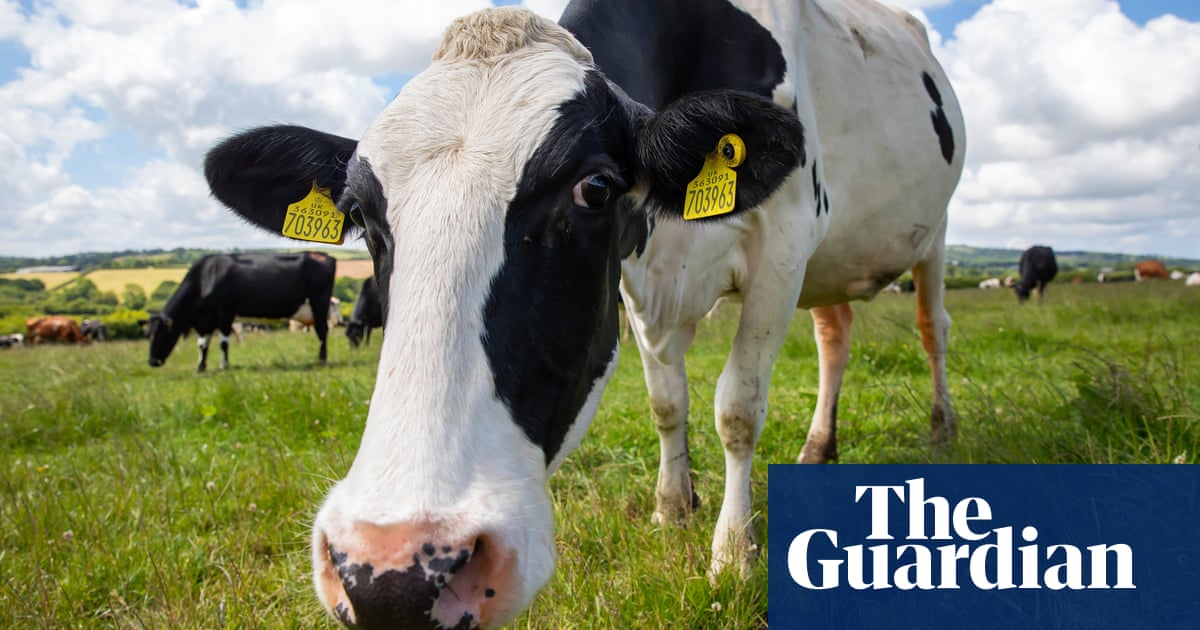Butter made from air instead of cows? A California-based startup claims to have worked out a complex process that eliminates the need for the animals while making its dairy-free alternative taste just as good.
Savor, backed by the Microsoft billionaire Bill Gates, has been experimenting with creating dairy-free alternatives to ice-cream, cheese, and milk by utilising a thermochemical process that allows it to build fat molecules, creating chains of carbon dioxide, hydrogen and oxygen. The company has now announced a new animal-free butter alternative.
Reducing meat and dairy consumption is one of the key ways that humanity can reduce its environmental impact, as livestock production is a significant source of greenhouse gases, and Savor says its products will have a significantly lower carbon footprint than animal-based ones. The “butter” comes in at less than 0.8g CO2 equivalent per kg, while in comparison, real unsalted butter with 80% fat has a standard climate footprint of 16.9kg CO2 equivalent per kg.
Kathleen Alexander, Savor’s chief executive, said: “We are currently pre-commercial and working through regulatory approval to be able to sell our butter. We are not expecting to be able to move forward with any kind of sales until at least 2025.”
Meat and dairy alternatives have become more and more popular in recent years, but some fall short in terms of flavour. Savor says the flavour of its butter is more exact.
“So far, we had informal taste panels with tens of people,” Alexander said. “We expect to perform a more formal panel as part of our commercialisation and scale-up efforts.”
The question now is whether buyers will take to such synthetic fats. Getting people to give up their favourite dairy and meat items for more “experimental” foods may pose a challenge.
Advocating for the initiative in an online blogpost, Gates wrote: “The idea of switching to lab-made fats and oils may seem strange at first. But their potential to significantly reduce our carbon footprint is immense. By harnessing proven technologies and processes, we get one step closer to achieving our climate goals.
“The process doesn’t release any greenhouse gases, and it uses no farmland and less than a thousandth of the water that traditional agriculture does. And most important, it tastes really good – like the real thing, because chemically it is.”
According to the UN Food and Agriculture Organization, the livestock industry, which encompasses all dairy and meat agricultural farming, accounts for 14.5% of global greenhouse gas emissions.

